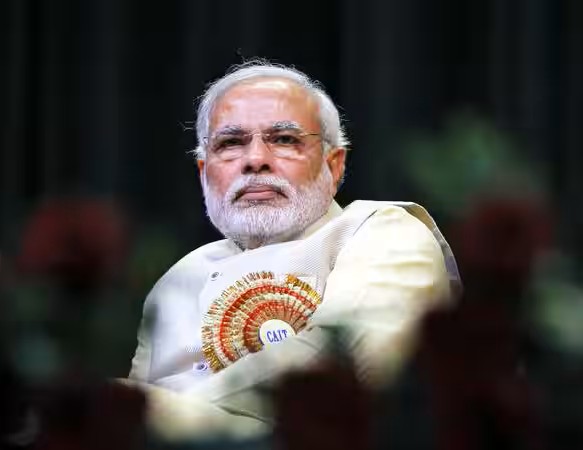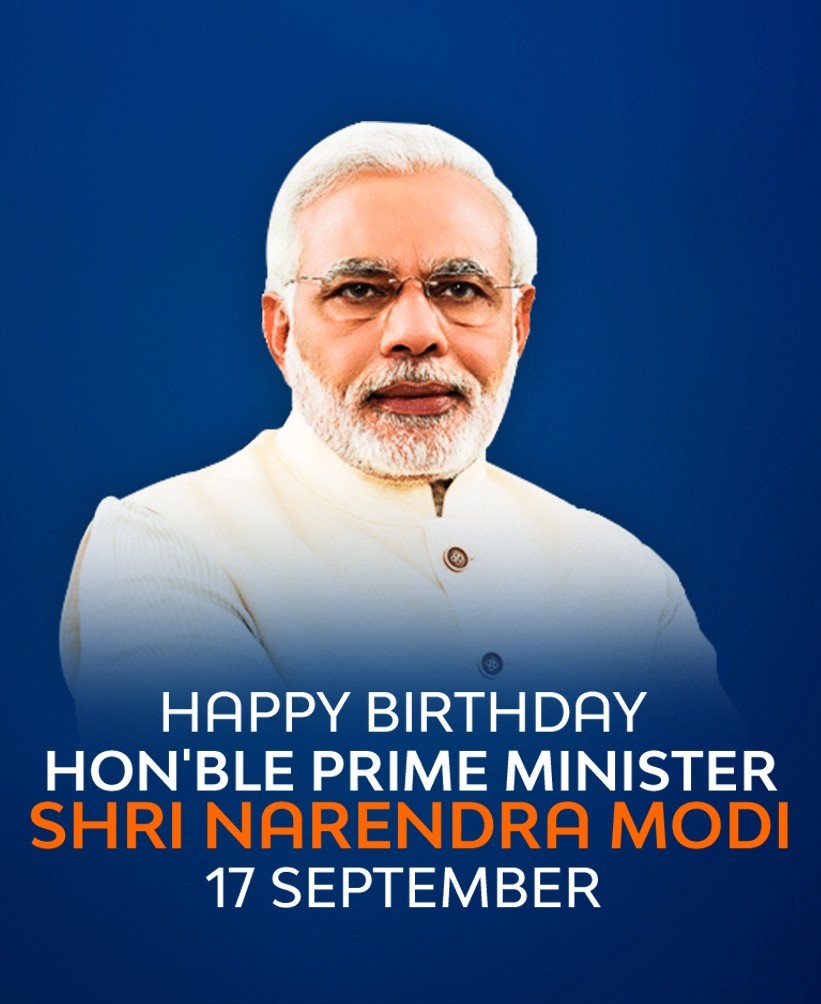Since assuming office in May 2014, Prime Minister Narendra Modi has ushered India into a decade of unprecedented structural and social change, permanently altering its economic trajectory, digital landscape, and global standing. His tenure is defined by decisive policies, ambitious reforms, and a relentless commitment to forging a self-reliant (Aatmanirbhar) and world-leading nation. This detailed article explores the expansive achievements of the Modi government and their profound impact on the nation.
Catalyzing Economic Reforms and Boosting ‘Ease of Doing Business’
A central pillar of PM Narendra Modi’s premiership has been a concerted push to invigorate the Indian economy and streamline its corporate environment. The landmark Goods and Services Tax (GST), a unified indirect tax system, successfully replaced a labyrinthine structure, promoting greater efficiency and a single national market. Further underscoring this commitment, the government has enacted policies to simplify regulations and attract record Foreign Direct Investment (FDI), leading to a significant jump in India’s global ranking on the ‘Ease of Doing Business’ index.
Key Economic Achievements
- Goods and Services Tax (GST): Simplified the tax structure.
- Boost in FDI: Liberalised policies have led to historic highs in foreign investment.
- Production-Linked Incentive (PLI) Scheme: A major recent policy to boost domestic manufacturing and exports across critical sectors like electronics and automobiles.
The Digital India Revolution: Financial and Technological Inclusion
The Digital India campaign is a transformative vision leveraging technology for inclusive growth. Initiatives under this banner have not just modernised services but also democratised access to finance. The Unified Payments Interface (UPI) has made India a world leader in real-time digital transactions. The Jan Dhan-Aadhaar-Mobile (JAM) Trinity—linking bank accounts, unique IDs, and mobile phones—has dramatically expanded financial inclusion, ensuring government subsidies and benefits directly reach the most vulnerable, curtailing corruption and leakage.
Key Digital Achievements
- UPI: Establishing a global benchmark for digital payments.
- Aadhaar: The world’s largest biometric ID system, enabling direct benefit transfers (DBT).
- BharatNet: Connecting over 2 lakh Gram Panchayats with optical fibre to bridge the digital divide in rural India.
‘Make in India’ and ‘Aatmanirbhar Bharat’: Fostering Domestic Growth
The “Make in India” initiative, and its evolution into “Aatmanirbhar Bharat” (Self-Reliant India), is a powerful strategy to position India as a global manufacturing and supply chain hub. By actively encouraging domestic and international companies to invest and manufacture locally, this vision has spurred job creation, strengthened the nation’s industrial capabilities, and reduced dependence on imports, particularly in strategic areas like defence.
Narendra Modi’s Massive Welfare and Social Inclusion Programs
PM Modi’s tenure is marked by large-scale social welfare schemes designed to uplift the marginalised and secure basic necessities for every citizen.
- Pradhan Mantri Jan Dhan Yojana (PMJDY): Successfully brought hundreds of millions of unbanked citizens into the formal banking system.
- Swachh Bharat Abhiyan (Clean India Mission): A successful social revolution that has constructed over 12 crore (120 million) toilets, significantly improving sanitation and public health, and achieving Open Defecation Free (ODF) status in villages.
- Pradhan Mantri Ujjwala Yojana (PMUY): Provided free LPG connections to over 10 crore (100 million) poor households, replacing traditional cooking fuels for better women’s health.
- PM Garib Kalyan Anna Yojana: Provided free food grains to over 80 crore people, a massive extension of welfare during the COVID-19 pandemic and beyond.
Healthcare and Housing for the Masses
The government has launched transformational health and housing programs, aiming for universal access and security.
- Ayushman Bharat (Pradhan Mantri Jan Arogya Yojana – PMJAY): One of the world’s largest government-funded health assurance schemes, providing health cover of up to ₹5 Lakh per family per year to over 50 crore (500 million) beneficiaries.
- Pradhan Mantri Awas Yojana (PMAY): A mission to provide “Housing for All,” resulting in the construction of over 4 crore (40 million) pucca houses for the poor in both urban and rural areas.
- Jal Jeevan Mission: A goal to provide safe and adequate drinking water through individual tap connections to all rural households by 2024, achieving a massive increase in tap water connections.
Unprecedented Infrastructure and Connectivity Push
Under PM Narendra Modi, India has witnessed an aggressive, mission-mode push for modern infrastructure. This focus is encapsulated in the Gati Shakti Master Plan, a national platform to coordinate multi-modal infrastructure projects seamlessly.
- Highways and Railways: Record-breaking pace of national highway construction and a massive budget boost for railways, including the introduction of high-speed trains like Vande Bharat Express.
- Airports: Operationalization of dozens of new or modernised airports under the UDAN scheme to enhance regional connectivity.
- Urban Mobility: Significant expansion of the Metro Rail network across major cities.
Elevating India’s Global Influence and Stature
PM Narendra Modi’s proactive and strategic foreign policy has significantly raised India’s profile and influence on the world stage.
- G20 Presidency and Global Leadership: Successfully hosted the G20 Summit, showcasing India’s economic potential and diplomatic soft power.
- Global Alliances: Strengthening strategic partnerships through policies like ‘Neighborhood First’ and active participation in international forums like Quad, SCO, and BRICS.
- International Recognition: Championing global initiatives like the International Solar Alliance (ISA) and securing UN recognition for the International Day of Yoga.
Historic Decisions and Structural Change
Demonstrating decisive leadership, the government has implemented long-pending structural reforms:
- Abrogation of Articles 370 and 35A: A historic move that fully integrated Jammu & Kashmir with the rest of India, restructuring the state into two Union Territories.
- Startup India and Mudra Yojana: Fostering a dynamic ecosystem for entrepreneurship and providing collateral-free loans to micro and small enterprises, respectively, thereby transforming job seekers into job creators.
The Path Ahead: A Vision for ‘Viksit Bharat’
The comprehensive achievements of the Modi government over the last decade have set the stage for a bold vision of a ‘Viksit Bharat’ (Developed India) by 2047. The consistent focus on economic stability, welfare delivery, digital public infrastructure, and an assertive global foreign policy highlights a long-term strategy for sustained national progress. The leadership of Prime Minister Narendra Modi continues to be viewed as the driving force behind India’s transformation into a major global power, cementing its role as a key player in the 21st-century world order.
Recent Posts
- India Transformed: A Deep Dive into Narendra Modi’s Impactful Premiership
- The Essence of Sanatan Dharma: A Spiritual Odyssey
- The Maverick of Tinseltown: Clint Eastwood’s Everlasting Influence in Hollywood
- The Man Behind the Mask: A Psychological Portrait of Vladimir Putin
- Bible Verses: The Ultimate Life Hacks




